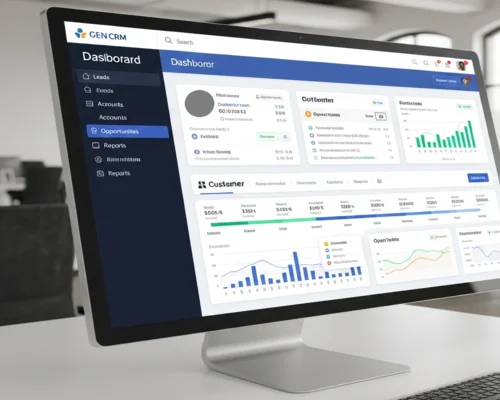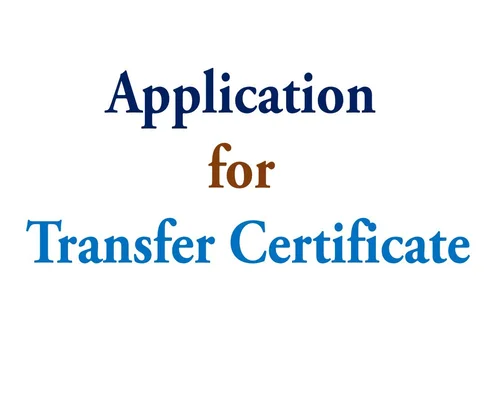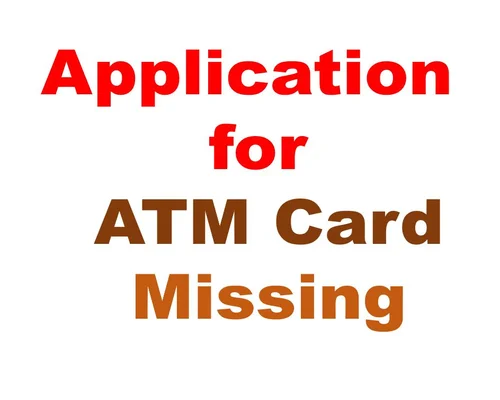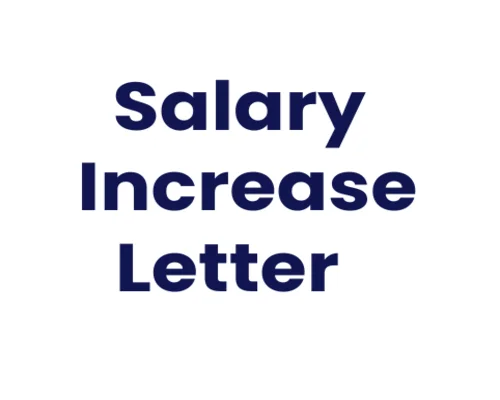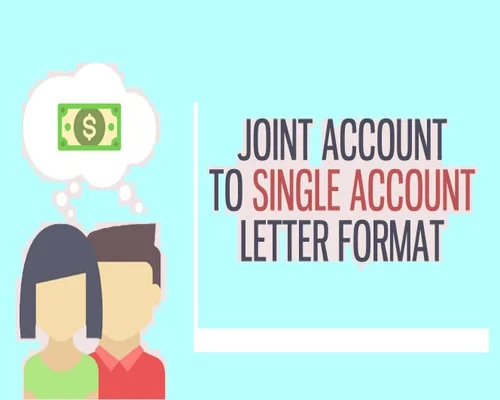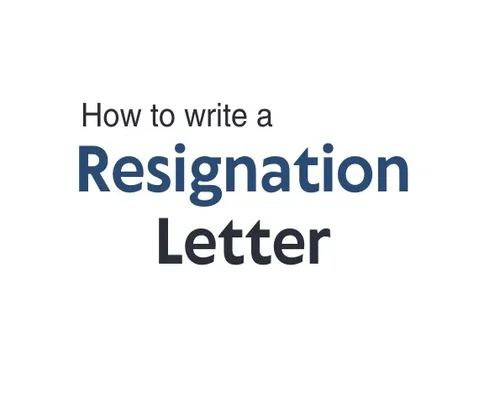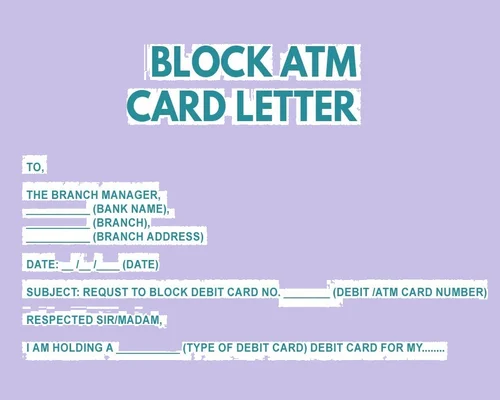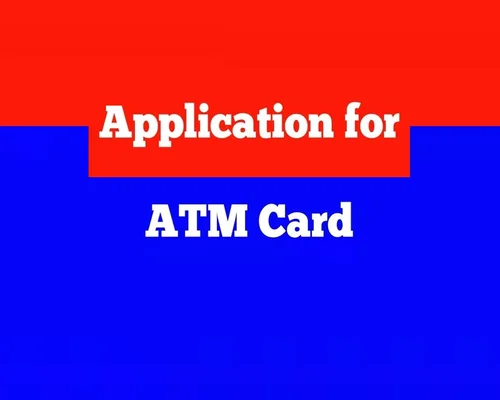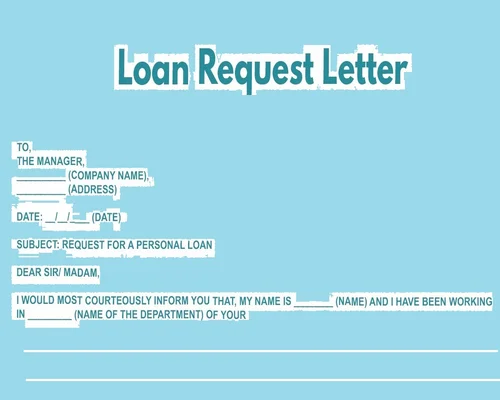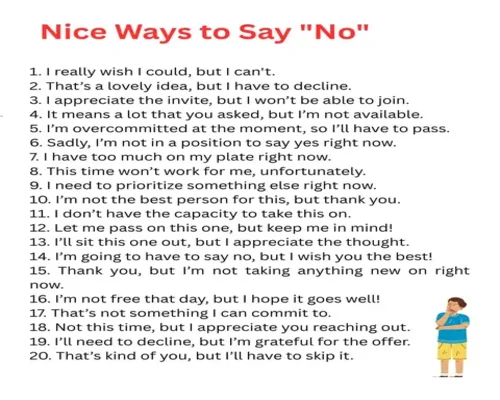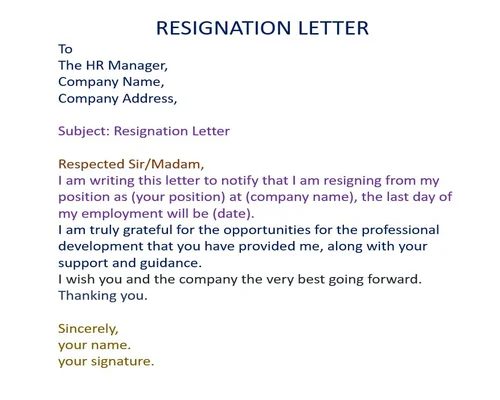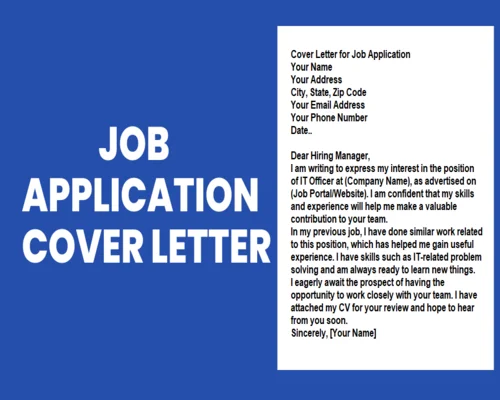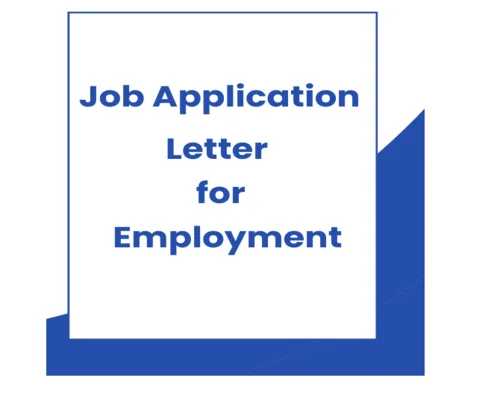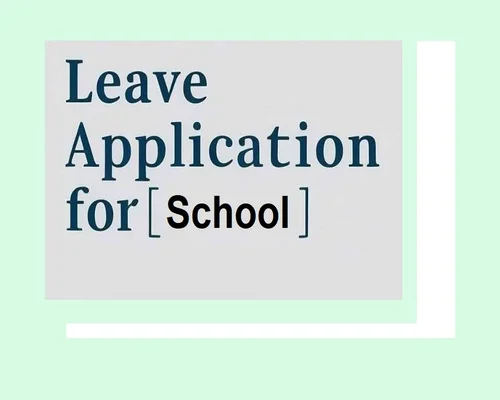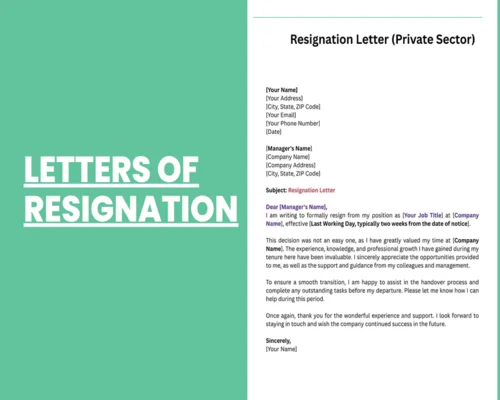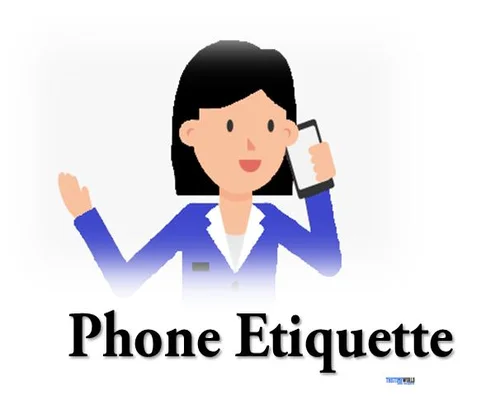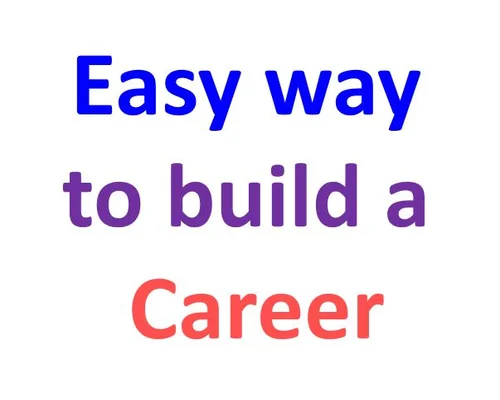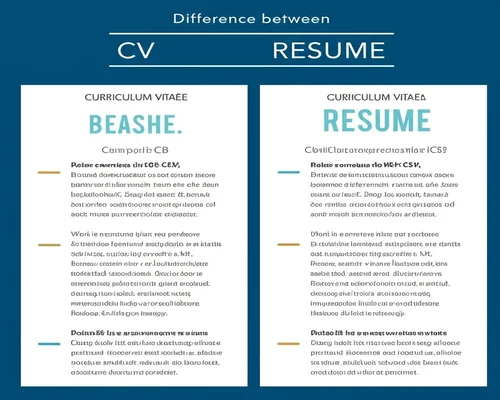
Difference between CV and Resume
Difference between CV and Resume
CV and resume are both important documents for applying for a job, but there are some differences between them. Generally, CV is a detailed resume that is more often used in academic and research fields. On the other hand, resume is a short and objective resume that is usually used when applying for a job.
Here are some key differences:
Length: CV can usually be 2-3 pages or more, where your education, research, publications and other relevant experience are detailed.
On the other hand, resume is usually limited to 1-2 pages and it highlights your most relevant experience and skills.
Focus:
CVs place more emphasis on your academic achievements and research, while resumes place more emphasis on your work experience and skills.
Objective:
CVs are generally suitable for use in academic and research fields, while resumes are generally used for a variety of jobs.
Usage:
CVs are generally used in academic and research fields, such as when applying for fellowships, teaching, research positions. Resumes are generally used for a variety of jobs.
In short, a CV is a detailed resume, and a resume is a short resume. Depending on the purpose for which you are applying, an appropriate document should be used.
CV and resume are both summaries of a person career, but there are some key differences between them. CV is a detailed resume that is usually used in academic and research fields, while resume is a short resume that is usually used to apply for a job.
Difference between CV and resume In short,
CV:
Full form: Curriculum Vitae, which means "curriculum vitae".
Length: Usually 2-3 pages or more, providing detailed information.
Usage: More commonly used in academic, research, and medical fields.
Focus: Educational qualifications, research experience, publications, etc.
Resume:
Full form: This is a short form that is usually used to apply for jobs.
Length: Usually limited to 1-2 pages, which provides a brief description of work experience and skills.
Usage: Used to apply for a variety of jobs.
Focus: Work experience, skills, and achievements.
Basically, a CV is a detailed resume, where a resume is a shortened version. CV is commonly used in academic and research fields, where a resume is used to apply for a variety of jobs.
Example:
CV
If you are a researcher or university teacher and have a PhD, publications, conferences, research experience, then use a CV.
Resume
If you are applying for banking, software, business analyst, or marketing-based jobs — where relevant skills and experience are important — then use a Resume.
Simple advice:
If you are going into academic field: Submit CV
For corporate jobs (bank, IT, BA, MTO etc.): Submit Resume

